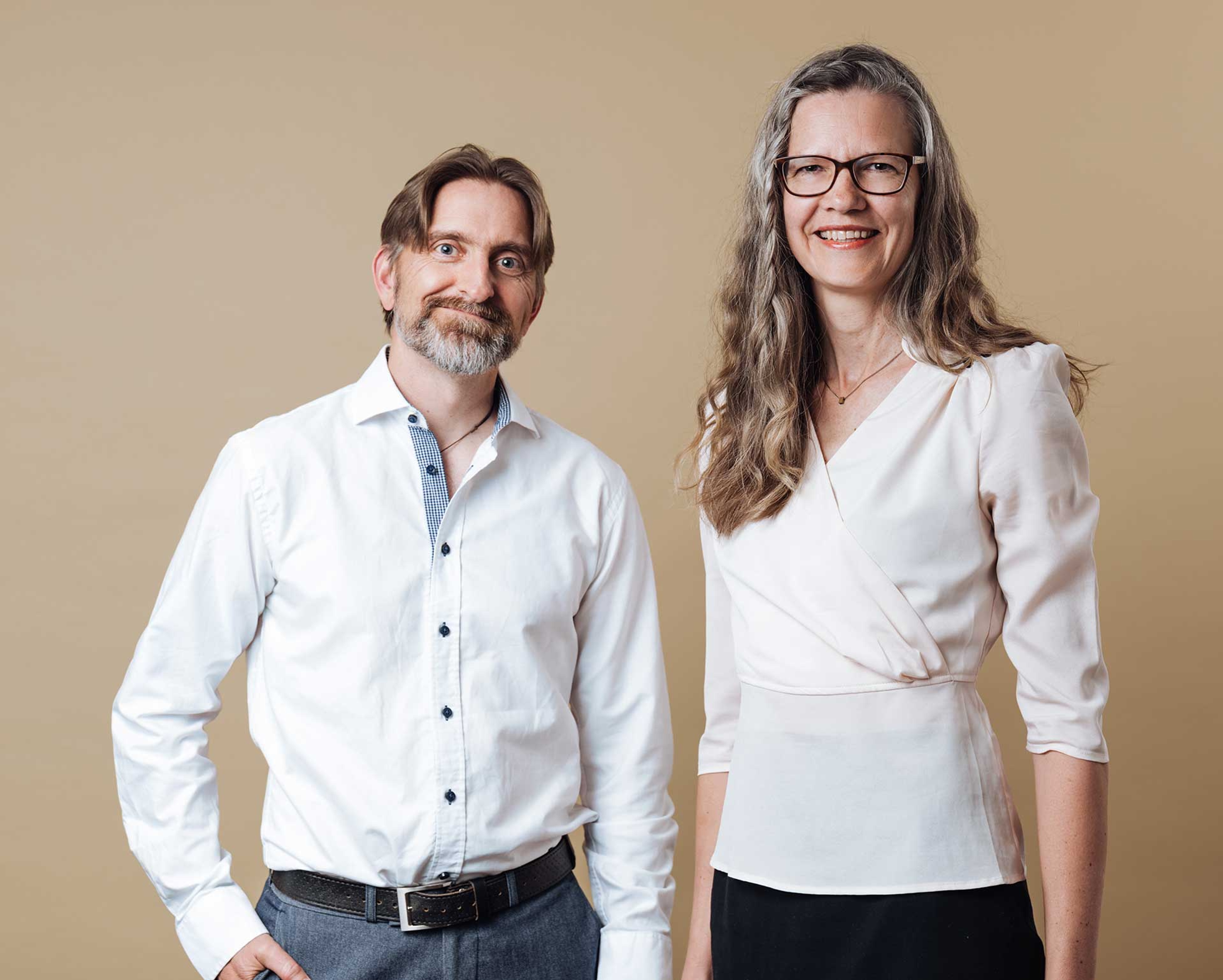Semcon StoriesMobility
“As a calculation engineer, I help develop trucks that stand the test of time”
How will trucks meet future challenges and requirements such as electrification, safety, aerodynamics, and autonomous driving? As the demands evolve, all roles involved in the production must contribute their specific areas of expertise and perspectives. As a calculation engineer, Jürgen Becker is involved early in the development process of truck cabins, guiding and assisting the designers in meeting the necessary requirements.

What does a calculation engineer actually do?
I would say the main job is to create an understanding and insight into the systems or product’s behaviour. For several years now, I ‘ve been working on the development of truck cabins for a large manufacturer, where I help with the structural integrity and fatigue design of everything related to a complete cabin.
Product development often revolves around performance and requirements, where characteristics that the product must meet are defined and described. These are the types of requirements that a calculation engineer reviews and helps designers fulfill. A common example is stress analysis under load, where one wants to know if the stresses exceed certain material limits, such as the yield or ultimate strength. Many clients also need to define reasonable requirements for their products. Calculation engineers are often involved in such discussions, contributing experience from previous projects.
A large part of my daily work consists of creating or modifying mathematical models that describe a product’s behaviour. At the moment, I frequently use finite element models of truck cabins to assess strength and fatigue. It is largely analyses of the body-in-white itself, but I also carry out calculations on cabinets, shelves or air deflectors as part of my daily tasks. Once I’ve completed an analysis and obtained a result, I review it. This can be done by comparing it to previous analysis results or simply by using my expectations. I document the results and discuss them with the designer so that together we can decide on the next steps.
Why is your job important?
As a calculation engineer, I am involved early in the development process to make the product’s performance visible and to guide and help the designer in meeting the requirements. It is crucial to achieve a high level of maturity before starting to manufacture tools and prototypes in order to avoid high costs due to late changes. Therefore, it is also important that we maintain and continually develop our analysis methods.
Through my work, I help create truck cabins that stand the test of time. Durability and fatigue resistance are important characteristics that, from the customers' perspective, are often associated with quality, reliability, and safety. But my work is also essential to keeping the truck’s weight low, as this affects the so-called “payload,” which limits the total allowable transport weight. The more a truck can transport at once, the more economical it becomes for the customer, calculated over the truck’s lifecycle.
I take pride in having proposed and driven concept changes that contribute to a more robust design that will meet future challenges, including electrification.
Do you have any future predictions for your area of expertise?
There is so much happening in the industry, and we have many exciting challenges ahead. A lot of this needs to be considered already in today’s production. Specifically related to trucks and cabins, the challenges involve weight but also everything associated with autonomous transportation, which all truck manufacturers will want to invest in. Regarding the entire manufacturing industry, I believe companies need to keep up with the development of new and innovative production processes to remain competitive going forward.
About Jürgen Becker
Title: Calculation Engineer
Background and education: Born and raised in a small village 20 km from Stuttgart, where, as you might know, cars play a significant role in the local economy. So, it’s no surprise that I started a mechanic apprenticeship at Mercedes-Benz AG when I was 16 years old. After that I went on to study mechanical engineering with a focus on automotive mechatronics – the technology that connects mechanical systems with electronic control or regulation.
Working at Semcon since: 2007
I have the most fun at work when...: ...I’m close to the workshop and the testing department, so I can connect the theoretical with the actual outcomes. Stepping into a body equipped with a light and camera to inspect and find microscopic cracks, interpreting test results and discussing solutions with my colleagues is the most fun I can imagine. And of course, laughing and having a good time with colleagues is, for me, an essential part of a fulfilling workday.


